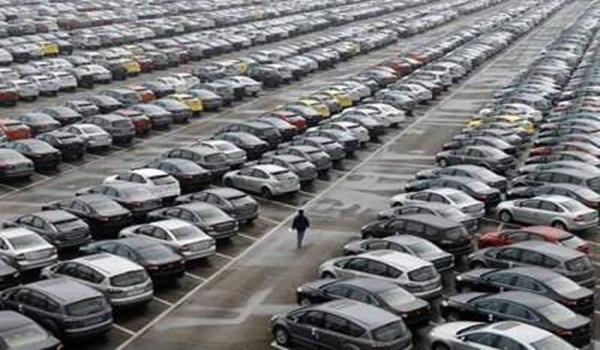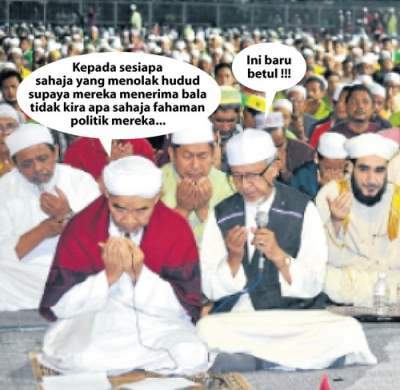 KUALA LUMPUR — The mainstream media need to keep up with the social media’s advance information dissemination, especially in facing what is considered the most “fierce and tense” 13th general election.
KUALA LUMPUR — The mainstream media need to keep up with the social media’s advance information dissemination, especially in facing what is considered the most “fierce and tense” 13th general election.
Three media experts today agreed that speed and simple information broadcasting was crucial for the mainstream media to practise in order to regain their credibility which was lost due to the rise of social media.
Berita Publishing Sdn Bhd’s editor-in-chief Datuk A. Kadir Jasin said media practitioners had no choice but to make themselves internet savvy.
“If you are in the mainstream media but you are unaware of what is going on in the cyber world, then you are not doing your job well,” he said at a general election forum on “The Role of the New Media Landscape in Malaysia”, jointly organised by the Malaysian National News Agency (Bernama) and Press Forum of Asia, here, Thursday.
The other panellists were former rector of the International Islamic University Malaysia Datuk Seri Dr Syed Arabi Idid and the executive editor of The Star, Datuk Wong Sai Wan. Bernama’s acting general manager Datuk Yong Soo Heong was the forum’s moderator.
Kadir said in the past six years, the number of readers of the print media had fallen drastically, not meaning that they had stopped reading but more an indication that readers were getting their information elsewhere.
Lack of articulation by the government is also one of the key factors readers turn to alternative mediums of information. To counter this, Kadir suggested that the government deliver more information on the programmes being carried out instead of focusing only on the achievements.
“The booming of social media does not necessarily mean better dissemination of information and readers must consider whether the message is true or not,” said the senior journalist.
Sharing his views, Wong said the rise of cyber troopers from both pro-government and opposition sides had made social media’s credibility dip among its followers.
“In the social media, the first person to post a tweet or information online is always considered reliable for being the fastest, and anyone who tries to refute or post anything contrary is considered a liar,” he said.
Wong cited his own experience during the 2011 Sarawak state elections, where he was still in a boat with 10 unopened ballot boxes when a politician from an opposition party tweeted that they had already won the elections by a landslide.
“I responded to the post by saying the information was inaccurate and not all ballot boxes had been opened and the votes counted, but the readers chose to believe the politician who was not there instead of me who was in the boat with the unopened boxes,” he said.
Wong said no politician from both sides of the divide would dare to say that the social media was bad or wrong as that would backfire on them as the readers had already set their minds on what to believe and what was considered bad press.
“What we must be very aware of, is the impact of social media in the next general election. A mere photo of two men arguing at a polling station can make a big difference in voter turnout.”
Wong said the social media audience would not take the time to study the picture or try to find the truth behind the picture, but they relied on the caption and set their minds to believe everything they read online.
Referring to a research done in Kuala Selangor, Syed Arabi said the use of media in rural areas had not changed much since 1971, whereby the audience only relied on the mainstream media for entertainment.
“Back then, people watched less television because most of the programmes were news related and political and now people watch more television and listen to the radio for entertainment,” he said.
Syed Arabi added that with increasing paid-television audience, the free-to-air television had seen a significant drop in audience.
“This proves the audience have not stopped watching but they have merely shifted attention elsewhere where it is fun and entertaining,” he explained.









